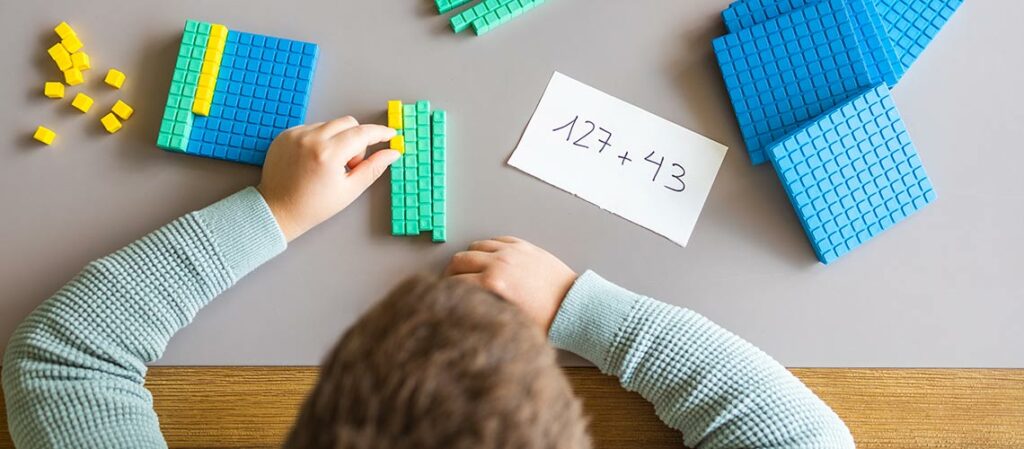Four Gateway Books for Reluctant Readers

Are your students out of the habit of reading “real” books? I have noticed that although many of my own students are flat-out thrilled to be back in the classroom, some have been dragging their heels when it comes to good, old-fashioned, printed-page literature. It makes sense; after a year and a half (or more) of working on laptops with the newest apps and educational games, it can be a jarring transition back to books, pencils, and paper. While there’s always an element of the reluctant reader syndrome in our classrooms, I and many of my colleagues are finding it particularly difficult this school year to guide our reluctant readers back into a great book.
Tips and Tricks for Parents from a Special Education Teacher

My eyes were recently opened to a new education law in some states that allows teachers to educate while taking courses to become a teacher. This is an example of the drastic measures states are having to take to fill the educator spots in their districts. Why? Because there is a serious shortage of teachers due to a very high rate of teachers leaving the classroom, especially special education teachers.
10 Things You Can Do to Raise a Reader

Parents are a child’s first teacher, and there are many simple things you can do every day to share the joy of reading while strengthening your child’s literacy skills.
5 Ways to Build Math into Your Child’s Day

Math is everywhere. That’s great news for parents, because we can talk with our kids about math in fun, natural ways. And that kind of math-talk is really important.
Studies show that a child’s math skills at kindergarten entry are a better predictor of future academic success than reading skills, social skills, or the ability to focus. As parents, we can give our kids a head start by helping them get comfortable with math concepts like measuring and counting at home.
Here are five ways to add math to your child’s day.
Encouraging Your Child to Love Reading

Quick poll: Which category is your child in?
LOVES to read!
Could take it or leave it.
Really dislikes reading.
Our goal—and I’m guessing it’s your goal too—is to get your child into the first category.
But what can you do if your child just isn’t motivated to read?
There is actually quite a bit you can do to encourage a love of reading, but first, let’s do some detective work.
Class Size Matters

Compelling evidence demonstrates that reducing class size, particularly for younger children, has a positive effect on student achievement overall and an especially significant impact on the education of disadvantaged children.
10 Ways Parents Can Support Reading at Home

Learning to read is a vital skill. A child’s literacy success or failure can affect his or her life for decades. Research shows that compared to proficient readers, students who don’t read proficiently by third grade are four times more likely to leave high school without a diploma.
Understandably, schools prioritize literacy among nearly all other skills.
10 Reasons Why Reading is Important for Kids Development

Reading is the secret to inculcating knowledge that can help you through difficult choices in life and expand your imaginative skills largely. The importance of reading for kids cannot be underplayed, as it lays the foundation for cognitive development and significantly improves their language and vocabulary development. You may have to get your child excited about reading so that the process becomes fun for them.
5 Tips for Improving Students’ Success in Math

Teachers who coach teams in a mathematical modeling challenge share ideas for helping students develop more confidence.
HOW TO PRIORITIZE READING

As a parent, you may not be unfamiliar with reading resolutions. We all want to help our children grow, and one of the best ways to nurture their innate curiosity and imagination is through reading books. To raise a reader is to invest in your little one’s worldview, teaching them the beauty of our planet, and helping them find their own place in our amazingly diverse world.


